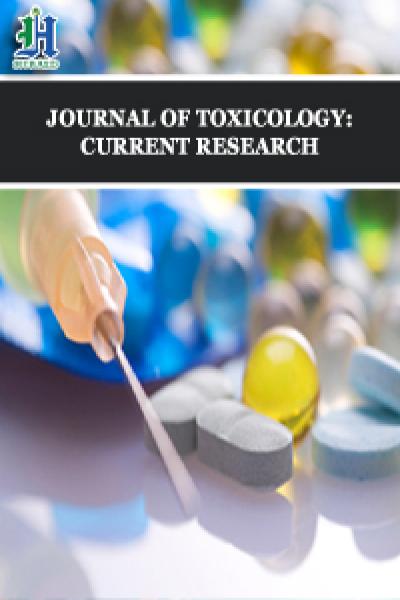
Analytical Toxicology
Analytical toxicology involves the identification and quantification of toxic substances in biological, environmental, and pharmaceutical samples. It plays a pivotal role in clinical diagnostics, forensic investigations, environmental monitoring, and regulatory compliance. Advanced analytical techniques—such as gas chromatography (GC), liquid chromatography (LC), mass spectrometry (MS), and inductively coupled plasma spectrometry (ICP)—enable sensitive and specific detection of a wide range of toxicants including drugs, heavy metals, pesticides, and metabolites.
Analytical toxicologists must consider sample preparation, matrix effects, and quality assurance to ensure accuracy and reproducibility. The field continues to evolve with the introduction of high-throughput screening, miniaturized sensors, and portable analytical devices for on-site testing. The integration of omics and machine learning approaches is further expanding capabilities in data interpretation. The Journal of Toxicology: Current Research supports research that improves detection technologies, enhances sample analysis, and contributes to public health surveillance. Analytical toxicology is essential in bridging toxic exposure assessments with informed clinical and regulatory decisions.

